A Guide To The Skin Conditions That Affect Black & Brown Complexions
…and how to treat them.
When it comes to our skin, we are all made up of the same stuff—but that doesn’t mean we all use the same skincare products. Our skin—which just so happens to be one of the most individual things about us all—is important to understand so that we can nail our AM and PM skincare routines. There are common skin conditions unique to Black people and other people of colour that can be helpful to know about, respect and celebrate. We called upon the expertise of Ode Dermatology founder and dermatologist, Dr Shyamalar Gunatheesan, to break down some of these conditions that affect melanated skin.
The Scientific Difference
“Black or Brown skin and Caucasian skin are pretty much the same,” says Gunatheesan. “We have the same skin components and are all susceptible to intrinsic and extrinsic ageing.”
Where the main differences lie is in the number, size and distribution of melanosomes. These are the organelles that we all have in our skin that store melanin (the amino acid responsible for pigment). “Darker skin tones have larger and more numerous melanosomes,” says Gunatheesan.
Most people also have a mixture of eumelanin (black or brown pigment producers) or pheomelanin (orange-yellow pigment producers), with those with darker skin tones having more eumelanin and lighter skin tones having more pheomelanin. These scientific differences are what contribute to darker skin tones being more susceptible to certain conditions.
The Difference In Skin Conditions
Now that we’ve done the heavy lifting with the scientific differences, it’s time to understand which skin conditions you may be more susceptible to experiencing if you have darker skin. “Caucasian skin tends to be more susceptible to photo-ageing, earlier onset wrinkling and sagging skin,” says Gunatheesan. “Darker skin types tend to have more pigmentary issues and more trans-epidermal water loss from the epidermis.”
What does this mean exactly? Darker skin tones are more prone to pigmentary disorders such as post-inflammatory hyperpigmentation, Melasma, Keloid, Dermatosis Papulouse Nigricans, Acanthosis Nigricans and Vitiligo. And while yes, skin conditions are not particularly picky and can choose to affect any skin colour or type they want, it is good to know what you should keep an eye out for.
Post-Inflammatory Hyperpigmentation: Darker spots appearing on the skin. Triggered by the way the skin regenerates after some form of inflammation (i.e. burns, acne, rashes).
Melasma: A condition in which brown or grey patches appear on the skin. Triggered generally by hormonal changes or increased sun exposure.
Keloid: A raised scar after an injury has healed. Triggered by excess collagen production in the skin healing process.
Dermatosis Papulouse Nigricans: Small, dark bumps that appear on the face and neck. Can be hereditary.
Acanthosis Nigricans: Dark discolouration in body folds and creases. Generally affects the armpits, groin and neck area.
Vitiligo: A disease that causes a loss of pigment cells in blotches. Occurs when pigment-producing cells die or stop functioning.
Treatment And Prevention
“The key thing when dealing with any skin condition is to get the correct diagnosis from a dermatologist,” suggests Gunatheesan. “Aggressive sun protection, skincare actives, prescriptive topicals, oral medications and Pico lasers will likely be prescribed for darker skin tones but a professional will be able to make the most effective plan for you.”
Prevention-wise, you can’t go wrong adding a Vitamin B3 serum (we love the Alpha-H Vitamin B) and Vitamin C serum (we love the Skinceuticals C E Ferulic serum) into your routine to both nourish the skin barrier and protect against environmental aggressors. Retinol is another great ingredient to add into your nighttime skincare regimen (try the Drunk Elephant A-Passioni Retinol Cream), just make sure you’re following up the next morning with a broad-spectrum SPF50+ Sunscreen that has both UVA and UVB coverage (Ultra Violette has got you covered here).
Image: Backstage at Rodarte. Courtesy of Mecca.
A Guide To The Skin Conditions That Affect Black & Brown Complexions
…and how to treat them.
When it comes to our skin, we are all made up of the same stuff—but that doesn’t mean we all use the same skincare products. Our skin—which just so happens to be one of the most individual things about us all—is important to understand so that we can nail our AM and PM skincare routines. There are common skin conditions unique to Black people and other people of colour that can be helpful to know about, respect and celebrate. We called upon the expertise of Ode Dermatology founder and dermatologist, Dr Shyamalar Gunatheesan, to break down some of these conditions that affect melanated skin.
Image: Backstage at Rodarte. Courtesy of Mecca.
The Scientific Difference
“Black or Brown skin and Caucasian skin are pretty much the same,” says Gunatheesan. “We have the same skin components and are all susceptible to intrinsic and extrinsic ageing.”
Where the main differences lie is in the number, size and distribution of melanosomes. These are the organelles that we all have in our skin that store melanin (the amino acid responsible for pigment). “Darker skin tones have larger and more numerous melanosomes,” says Gunatheesan.
Most people also have a mixture of eumelanin (black or brown pigment producers) or pheomelanin (orange-yellow pigment producers), with those with darker skin tones having more eumelanin and lighter skin tones having more pheomelanin. These scientific differences are what contribute to darker skin tones being more susceptible to certain conditions.
The Difference In Skin Conditions
Now that we’ve done the heavy lifting with the scientific differences, it’s time to understand which skin conditions you may be more susceptible to experiencing if you have darker skin. “Caucasian skin tends to be more susceptible to photo-ageing, earlier onset wrinkling and sagging skin,” says Gunatheesan. “Darker skin types tend to have more pigmentary issues and more trans-epidermal water loss from the epidermis.”
What does this mean exactly? Darker skin tones are more prone to pigmentary disorders such as post-inflammatory hyperpigmentation, Melasma, Keloid, Dermatosis Papulouse Nigricans, Acanthosis Nigricans and Vitiligo. And while yes, skin conditions are not particularly picky and can choose to affect any skin colour or type they want, it is good to know what you should keep an eye out for.
Post-Inflammatory Hyperpigmentation: Darker spots appearing on the skin. Triggered by the way the skin regenerates after some form of inflammation (i.e. burns, acne, rashes).
Melasma: A condition in which brown or grey patches appear on the skin. Triggered generally by hormonal changes or increased sun exposure.
Keloid: A raised scar after an injury has healed. Triggered by excess collagen production in the skin healing process.
Dermatosis Papulouse Nigricans: Small, dark bumps that appear on the face and neck. Can be hereditary.
Acanthosis Nigricans: Dark discolouration in body folds and creases. Generally affects the armpits, groin and neck area.
Vitiligo: A disease that causes a loss of pigment cells in blotches. Occurs when pigment-producing cells die or stop functioning.
Treatment And Prevention
“The key thing when dealing with any skin condition is to get the correct diagnosis from a dermatologist,” suggests Gunatheesan. “Aggressive sun protection, skincare actives, prescriptive topicals, oral medications and Pico lasers will likely be prescribed for darker skin tones but a professional will be able to make the most effective plan for you.”
Prevention-wise, you can’t go wrong adding a Vitamin B3 serum (we love the Alpha-H Vitamin B) and Vitamin C serum (we love the Skinceuticals C E Ferulic serum) into your routine to both nourish the skin barrier and protect against environmental aggressors. Retinol is another great ingredient to add into your nighttime skincare regimen (try the Drunk Elephant A-Passioni Retinol Cream), just make sure you’re following up the next morning with a broad-spectrum SPF50+ Sunscreen that has both UVA and UVB coverage (Ultra Violette has got you covered here).


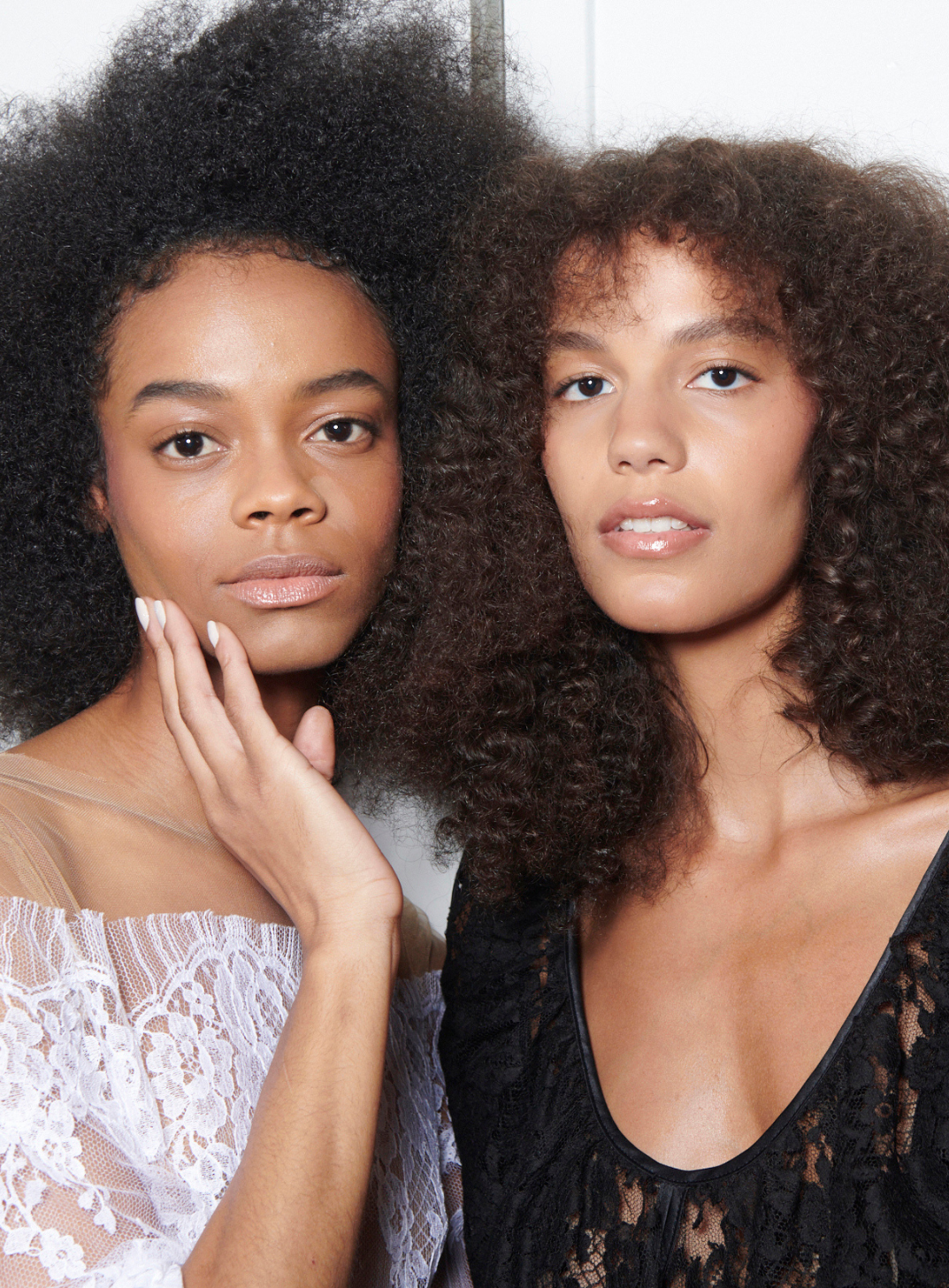
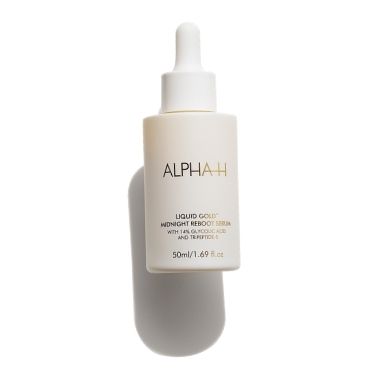
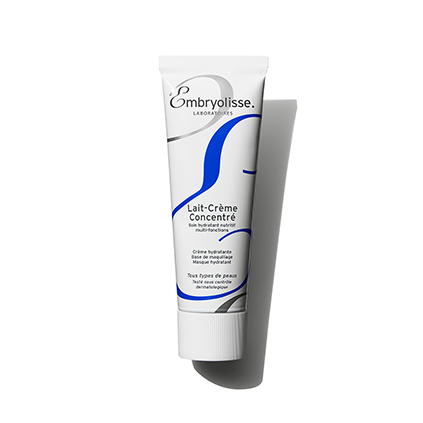
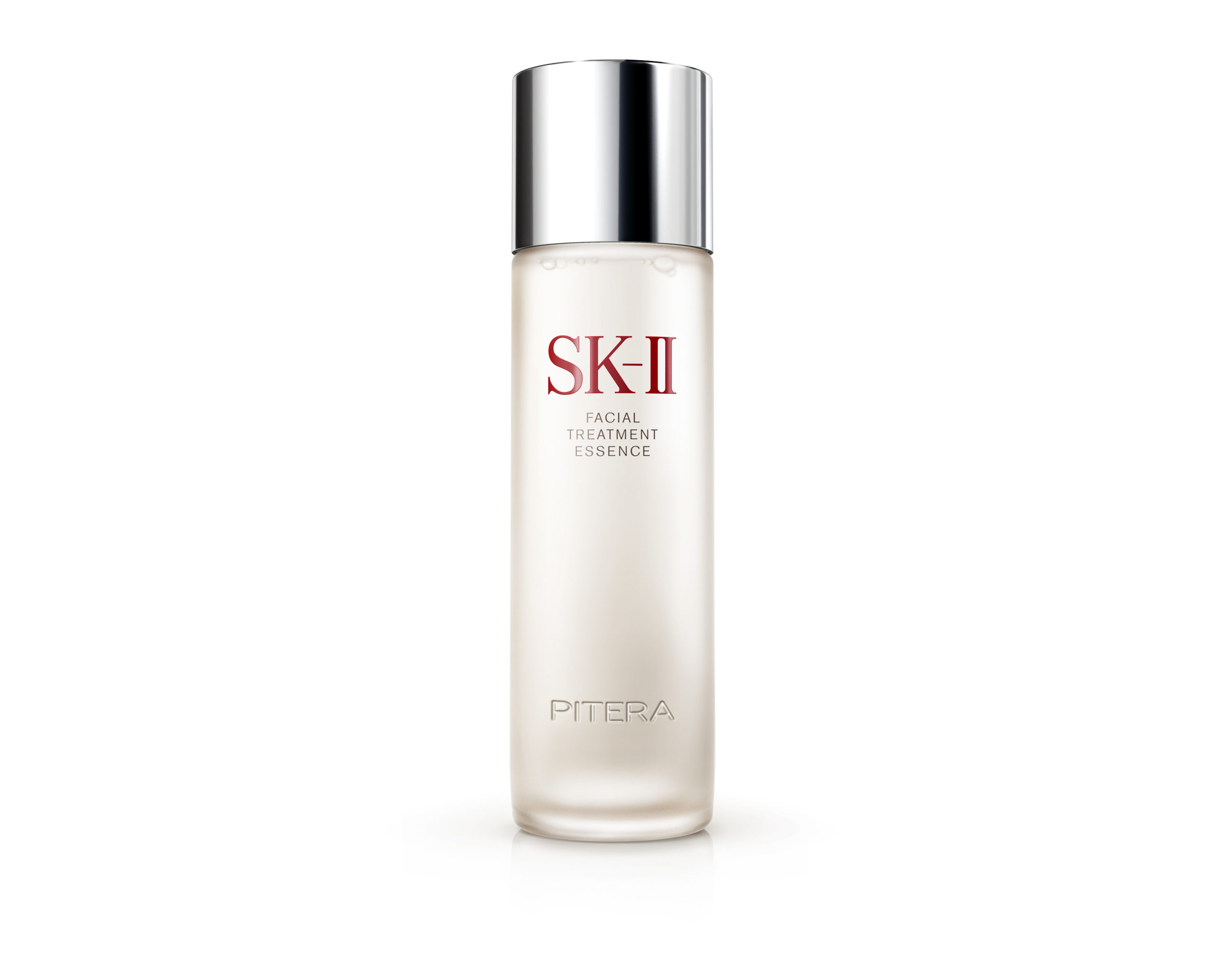
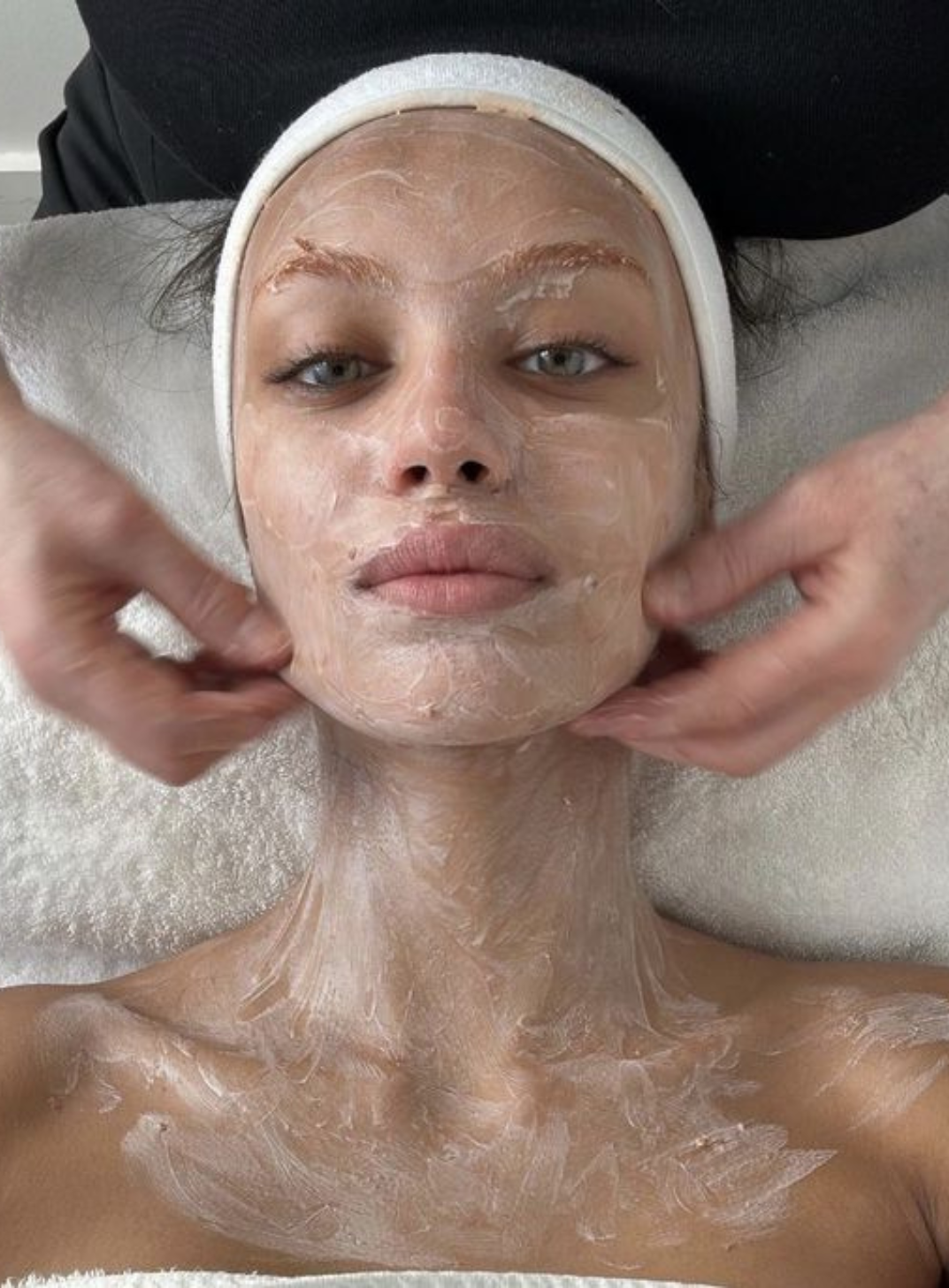


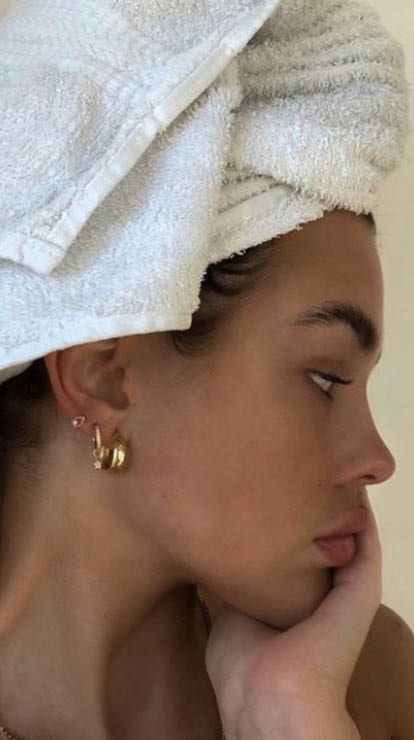
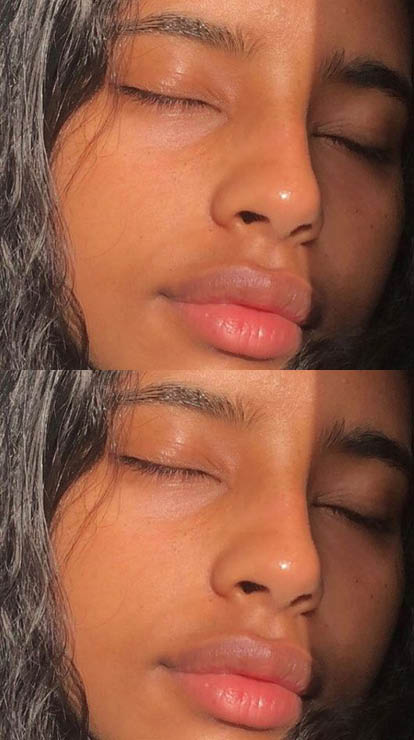
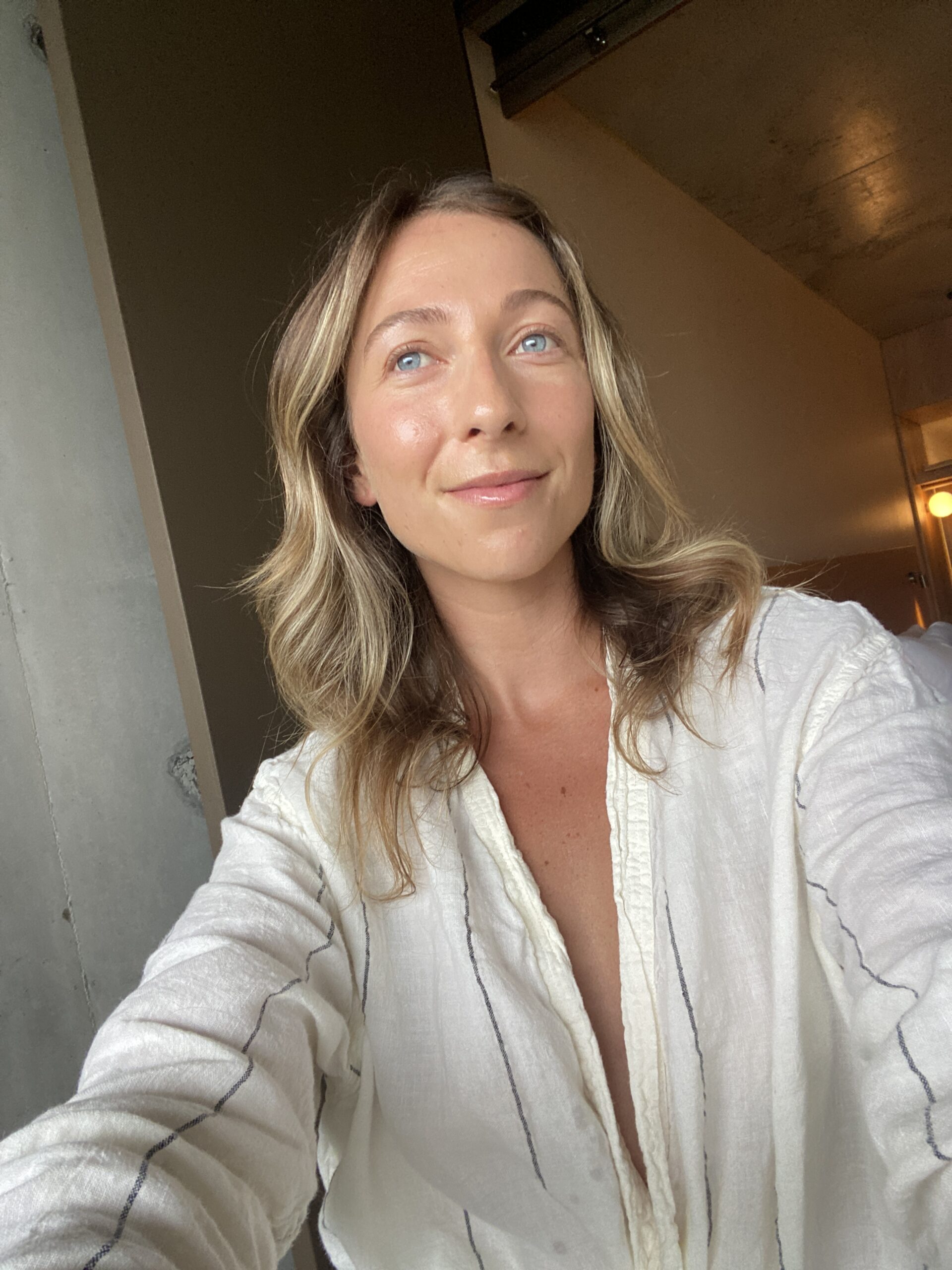
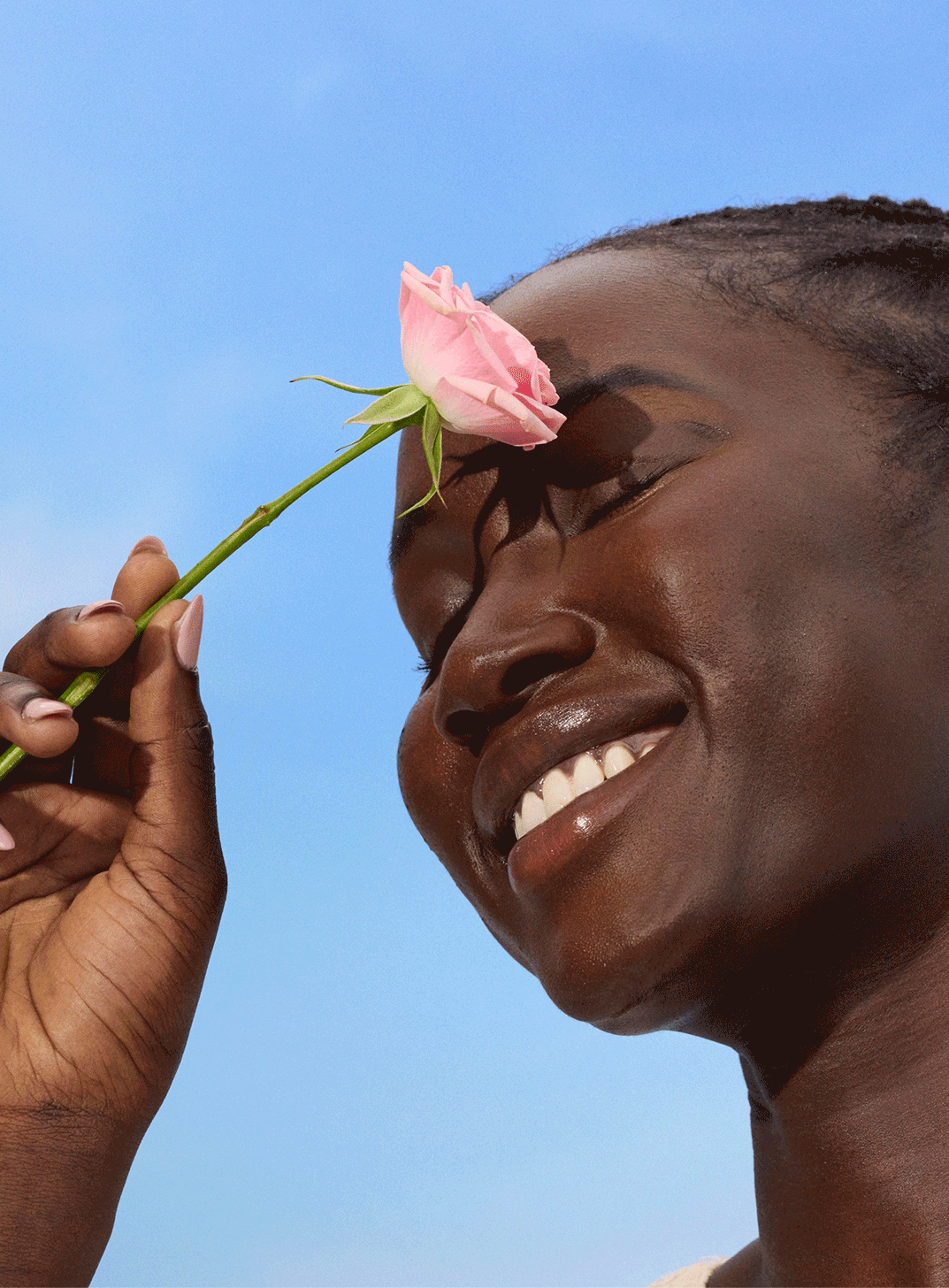
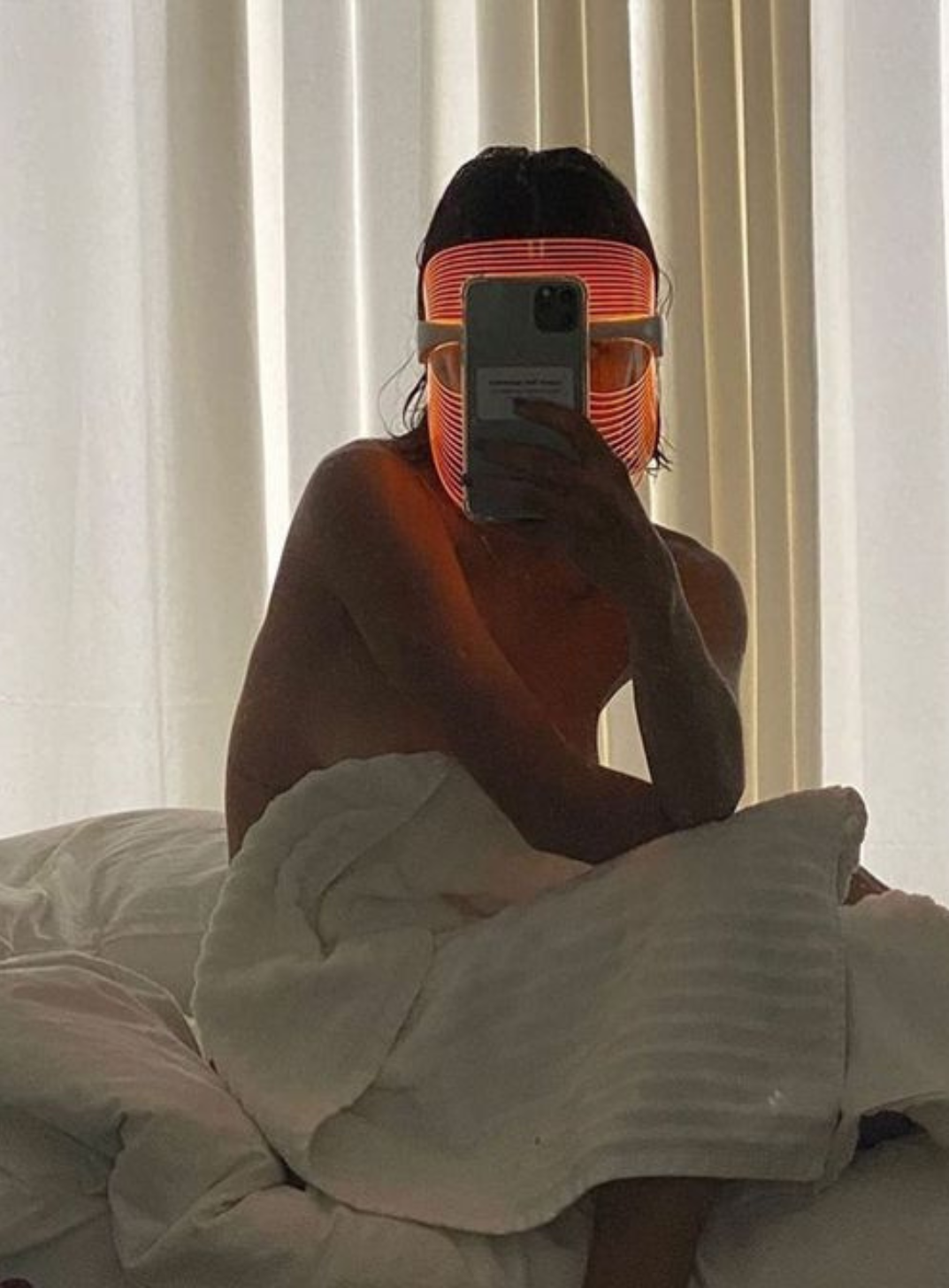
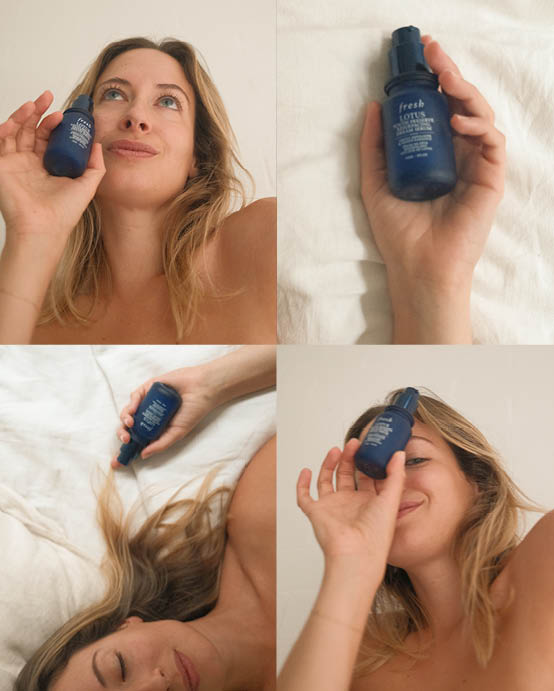
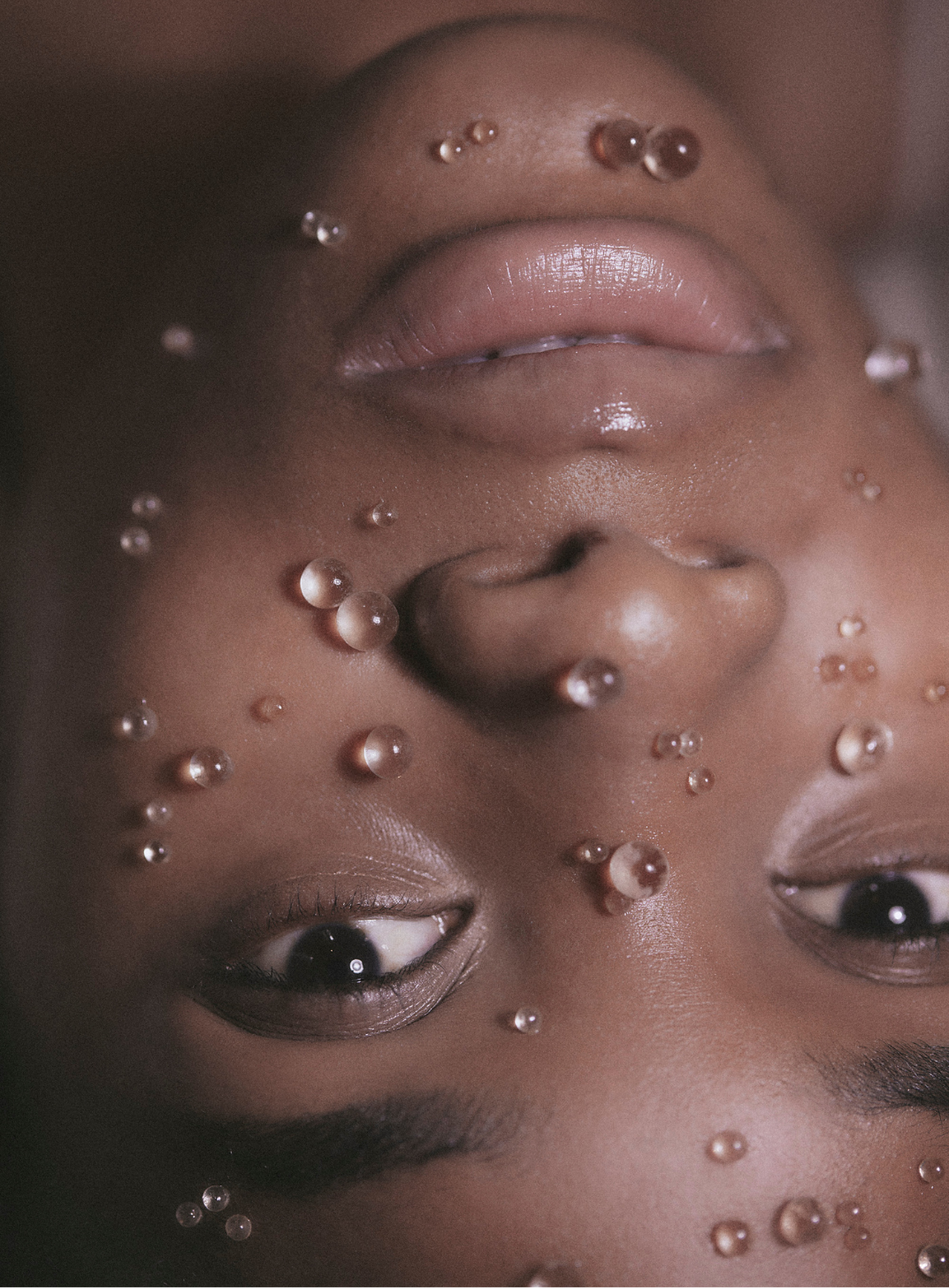
Comments